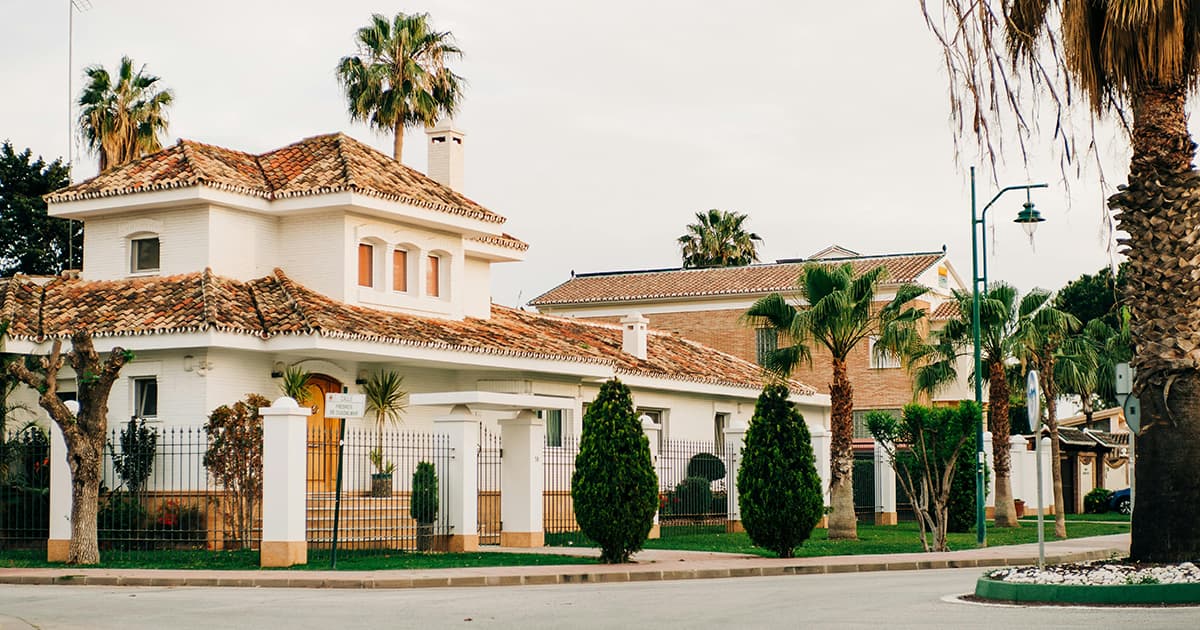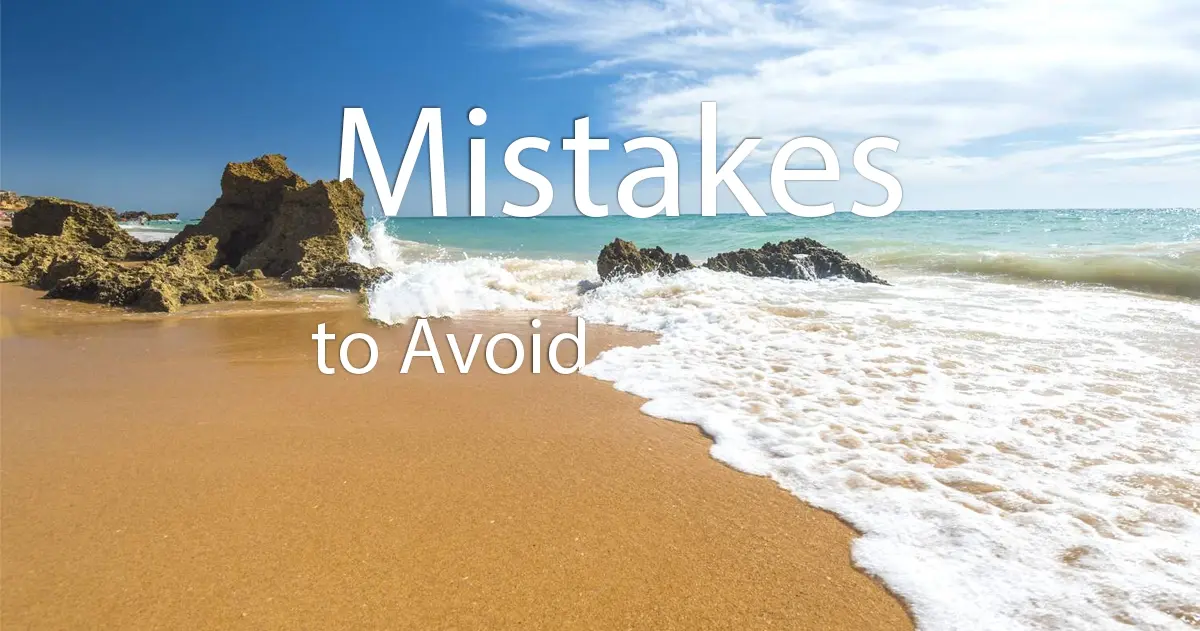
What are the pitfalls of buying a property in Spain?
Last update: September 3, 2025
Reading time: 4.2 min
Introduction
Buying property in Spain is a dream for many. The sunny climate, beautiful landscapes, and rich culture make it an attractive destination for both holiday homes and permanent residences. However, the process can be fraught with pitfalls that could turn your dream into a nightmare. Understanding these potential challenges is crucial for making an informed decision and ensuring a smooth transaction.
Understanding the Legal Framework
Complexity of Spanish Property Law
Spanish property law can be complex and differs significantly from the legal systems in other countries. Misunderstandings or misinterpretations can lead to serious legal issues. It is essential to hire a knowledgeable local lawyer who can navigate the intricacies of Spanish property law and protect your interests.
Importance of Due Diligence
Skipping due diligence is one of the biggest mistakes a buyer can make. This includes verifying property ownership, ensuring there are no debts or legal issues associated with the property, and confirming that all necessary permits and licenses are in place. Thorough due diligence can prevent future legal complications and financial losses.
Financial Pitfalls
Hidden Costs and Fees
Beyond the purchase price, there are numerous additional costs and fees to consider, including notary fees, property registration fees, taxes, and legal fees. These can add up to a significant amount, often catching buyers off guard. It’s important to budget for these expenses to avoid financial strain.
Currency Exchange Risks
If you’re buying from abroad, fluctuations in currency exchange rates can impact the overall cost of your property. Exchange rate changes between the time you agree on a price and the time you complete the purchase can result in higher costs. Using a currency exchange service can help mitigate these risks.
Property Condition and Maintenance
Unseen Structural Issues
Older properties in particular may have hidden structural issues that aren’t immediately apparent. These can include problems with plumbing, electrical systems, or roofing. A thorough inspection by a qualified surveyor is essential to uncover any potential issues before purchase.
Maintenance and Upkeep Costs
Maintaining a property in Spain can be costly, especially if it requires significant repairs or renovations. Additionally, ongoing maintenance costs such as utilities, property management fees, and community fees in certain residential complexes should be factored into your budget.
Market Risks
Fluctuating Property Values
The Spanish property market can be volatile, with prices fluctuating based on economic conditions, tourism trends, and other factors. Investing in property with the expectation of immediate profit can be risky. It’s important to have a long-term perspective and be prepared for potential market downturns.
Rental Income Uncertainty
If you’re buying property with the intention of renting it out, be aware that rental income can be unpredictable. Seasonal demand, competition, and changes in local rental laws can affect your rental income. It’s important to research the rental market thoroughly and have a realistic understanding of potential earnings.
Cultural and Language Barriers
Communication Challenges
Language barriers can pose significant challenges during the property buying process. Miscommunications can lead to misunderstandings and errors in legal documents. Hiring bilingual professionals such as lawyers and real estate agents can help bridge this gap and ensure clear communication.
Cultural Differences in Business Practices
Business practices in Spain may differ from what you’re used to in your home country. This can include differences in negotiation styles, contract terms, and expectations regarding timelines and deadlines. Being aware of these cultural differences and adapting accordingly can help facilitate smoother transactions.
Conclusion
While buying property in Spain offers many benefits, it’s important to be aware of the potential pitfalls. By understanding the legal, financial, and cultural challenges, you can better prepare yourself and make informed decisions. Conducting thorough due diligence, hiring experienced local professionals, and budgeting for all associated costs can help ensure a successful and stress-free property purchase in Spain.
FAQs
What legal issues should I be aware of when buying property in Spain?
Understanding Spanish property law, ensuring the property has all necessary permits and licenses, and conducting thorough due diligence are crucial to avoiding legal issues.
What additional costs should I budget for when buying property in Spain?
Additional costs include notary fees, property registration fees, taxes, legal fees, and potential maintenance and renovation costs.
How can I mitigate currency exchange risks when buying property in Spain?
Using a currency exchange service can help lock in favorable exchange rates and reduce the risk of currency fluctuations impacting the overall cost.
What are the risks of buying an older property in Spain?
Older properties may have hidden structural issues such as plumbing, electrical, or roofing problems. A thorough inspection by a qualified surveyor is essential.
How can I overcome language barriers when buying property in Spain?
Hiring bilingual professionals such as lawyers and real estate agents can help bridge communication gaps and ensure clear understanding throughout the process.
Is buying property in Spain a good investment?
While there are risks, buying property in Spain can be a good investment if you conduct thorough research, have a long-term perspective, and are prepared for potential market fluctuations.








